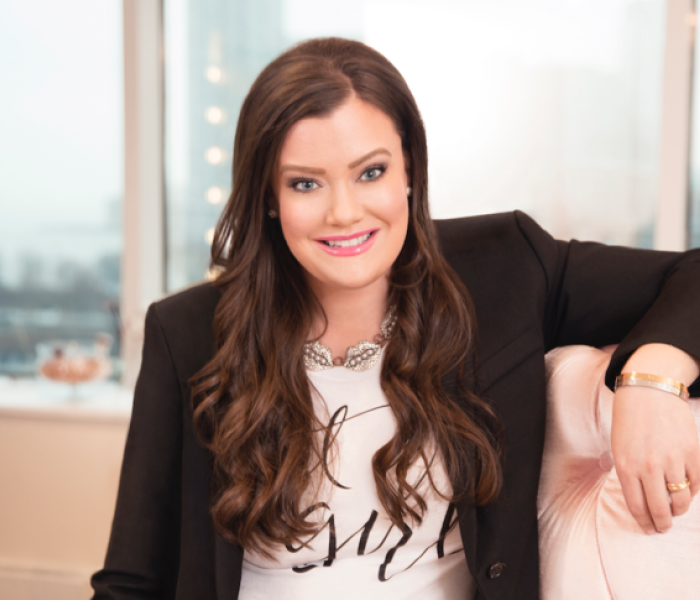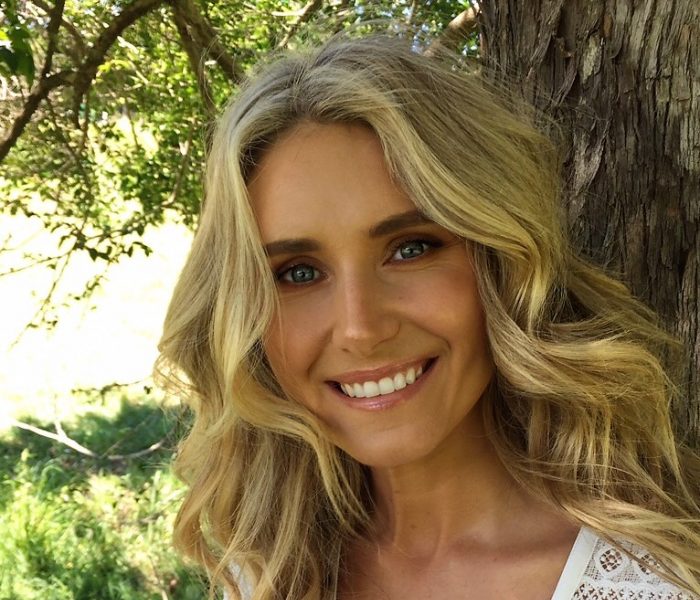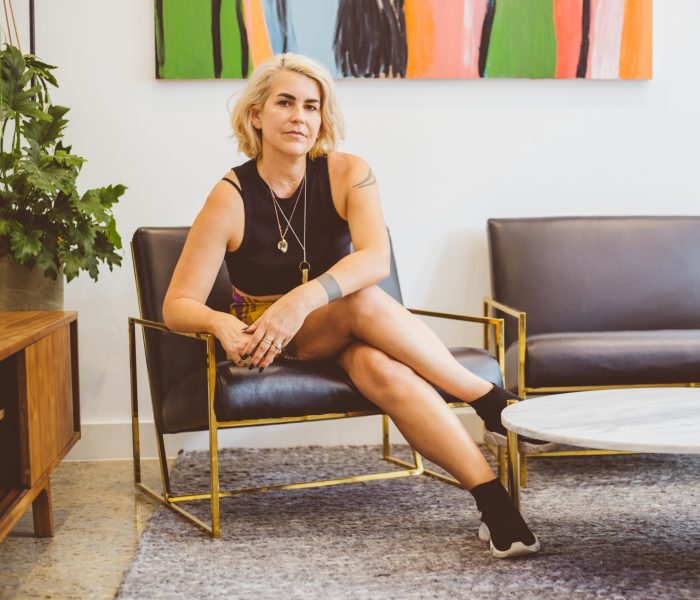Take 5 With...Simone Cipriani, Founder of Ethical Fashion Initiative
Joining forces with fashion powerhouses like MIMCO, Simone explains how the EFI is using fashion to change the lives of whole communities...
Fashion lovers often cop a bad wrap for being materialistic, and well maybe a bit shallow. As a fashion lover myself I have always fiercely believed fashion not only has the ability to change the way you look and feel about yourself, but also the power to bring people together and create meaningful change.
This was only reiterated for me at the recent MIMCO 2017 Season Launch of The Poetic Tempest, where I had the opportunity to interview the charismatic, charming and passionate, Simone Cipriani, Founder of the Ethical Fashion Initiative (EFI). After years in the fashion industry, Simone founded EFI in 2009 after he realised there was a real opportunity to connect skilled artisans with the fashion industry for mutual benefit. As he explains in the interview below, his work with EFI has enriched his life just as much as the lives of the thousands of African craftspeople that now enjoy viable, long-term jobs creating unique, artisanal products as a result of the MIMCO collaboration and others like it.
In this exclusive interview we chat to Simone about working with MIMCO (the only Australian fashion company working with the EFI to date), what being brave means to him and why Vivienne Westwood is the true queen of fashion.
Tell us how you came to launch Ethical Fashion Initiative (EFI) and as a result work with MIMCO?
A friend of mine from Melbourne - David Christian - told me you have to work with MIMCO. He knew our work and so we were put in touch with the creative director at the time and we started working together. It was very simple because MIMCO is a well-structured company, so when a company is structured, collaborations also become structured so it makes it very easy. In our line of work the difficulty comes when someone proposes a partnership, but there is no structure. But with MIMCO it was easy from the outset, [because] they also had the vision to work with us for the long term, and that was important too.
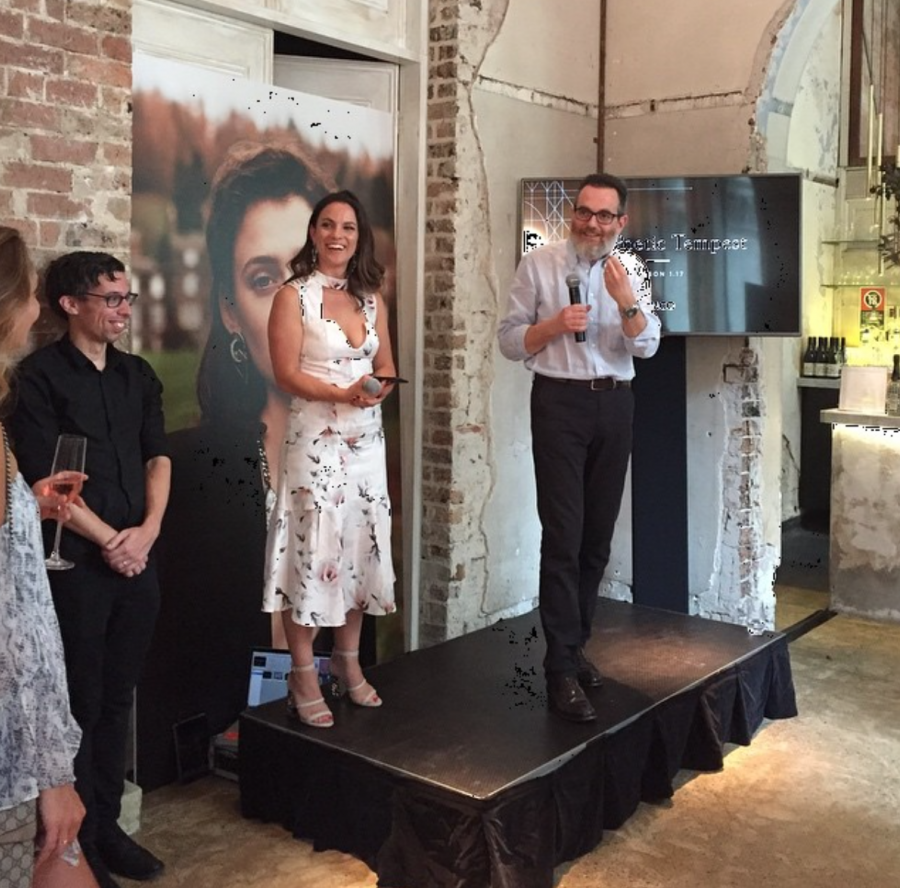
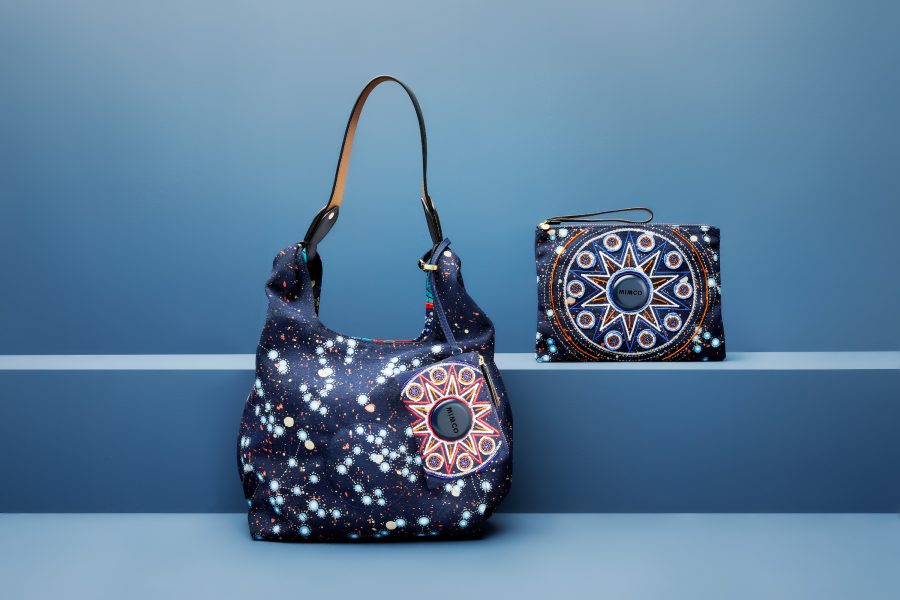
How does the work you do with the African communities impact their lives?
First of all higher salary, higher income enables people to change their life, to have access to better and more secure housing, to sanitation. They have access to health care, they have access to education so it really changes the life of people because people are able to fully participate in the life of a society. There is an immediate change in the life of people because they have more money and they can live better, but the long-term change is in society, in the [entire] community.
How has being at the helm of EFI and witnessing the communities being transformed changed your life?
It's changed my life. It makes me happy because when you work in something meaningful you feel happy, you feel well (sic). It took me to meet people that I would have never met in my life, people that have enriched my soul, my life, my being in an incredible way. If I have something good in my life, I owe it to my family and to this work - to these people that I meet in the most marginalised settings of the world, that are happy and sharing the joy [regardless] of how much money [they have].
Where did the EFI start their work first?
We started in a slum in Kenya called Korogocho, which was a slum of 120 000 people. Then we passed to different places in Kenya, then to Mali, to Ethiopia, to Haiti and we're still growing and growing.
Where did you career in fashion begin?
I was born in Tuscany, close to Florence in a place called Pistoia. I was brought up there. I worked in the fashion industry, in the leather and footwear industry. I was the CEO of a company and we had a lot of activities in Asia, so I used to stay a lot in Asia - as much as I now stay I Africa - and I had a passion for development. So whenever I had free time, I would consult for UN agencies for development agencies in Asia. One of them asked me to do a consult for an agency in Africa. I was puzzled because i had never worked in Africa, and I said "look I am not the right person," but everything started from there. Life is incredible. This was the grand plan for me - I really believe it.
What does the future hold for you?
In our work I hope to see more work in the area of [fashion] and more in the sector of interiors because we make beautiful fabric which is suitable for it, so I see some work there. In the industry in general, I see good fashion and bad fashion still [sitting] together on a parallel path and I see them together for a while. But I see more and more consumers interested in the real story behind the product, which is good. More conscious buying, which I didn't see much of 10 years ago, so this gives me hope.
You said that you think Vivienne Westwood is the true queen of fashion - why?
Because she is very serious in social engagement and she is a formidable fashion designer. She is an incredible fashion designer who is always able to look at fashion from and original and different perspective and she is really engaged in changing the world of today for the better. These two things together make her the last queen of fashion.
What does being brave mean to you?
To be always willing to each out to people whom you wouldn't meet in your ordinary life, who live in a different setting. I work with migrants who live in very marginalised settings, but these people, the meeting with these people, the sharing of experiences with these people, changes my life. You don't do it naturally because you are afraid, you are scared of diversity. But diversity is richness, so you have to be brave to force yourself and then you discover a new universe.
